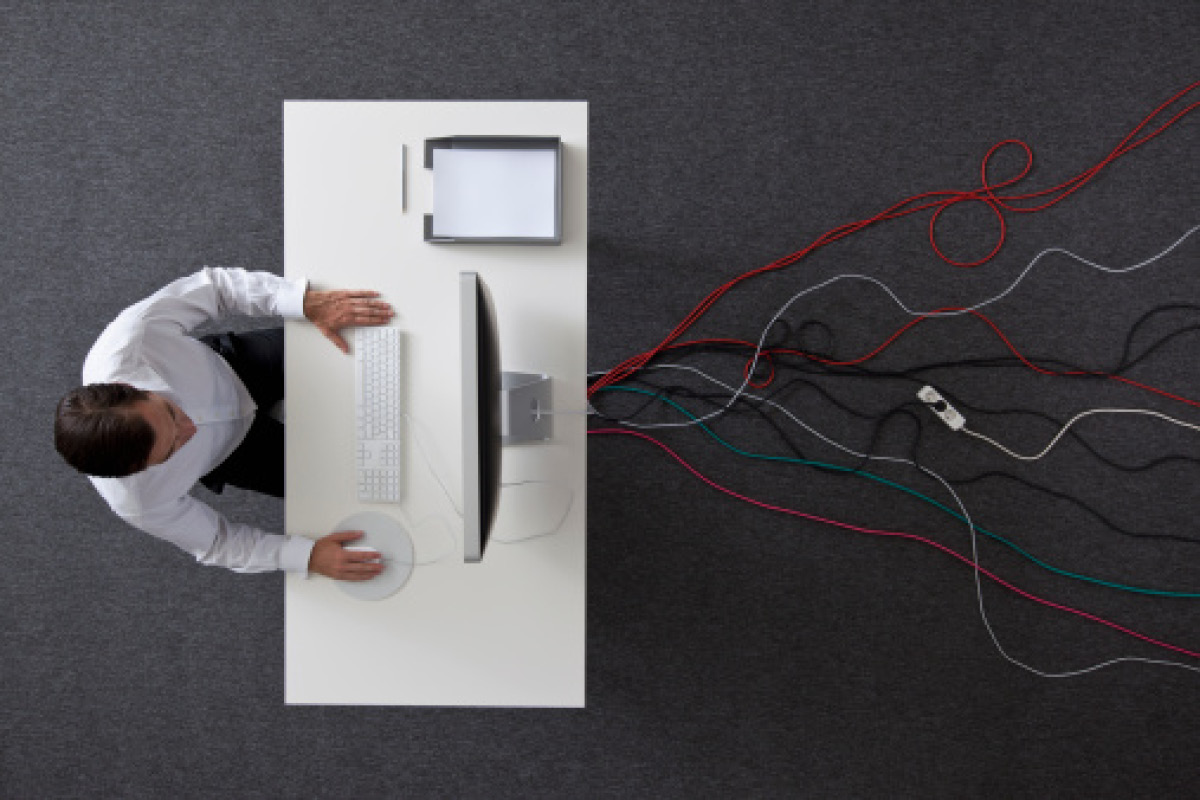The problem of the era of information overload is the level of cognitive and emotional disruption it causes to individuals, organisational effectiveness and the bottom line, which is why cognitive load management or how well we think is essential for the future of work.
The human brain is nothing if not remarkable for its storage capacity, the good news being we won’t run out of space any time. Scientists from the Salk Institute for Biolgical Studies have revealed our memory capacity is equivalent to one petabyte, which is 10 times larger than previously thought.
But long-term memory storage is not the issue; rather, it’s our ability to hold a number of thoughts front of mind. While it’s been said that the magic number is seven (plus or minus two), the reality is more like two or three depending on their complexity, and is reduced even further in the presence of information overload.
It’s a filtering problem, with the fear of missing out on something important, along with the growing dependency on gadgets that have been specifically designed to attract our attention and add to the barrage of information received.
To keep us safe, the brain has a safety mechanism, just like the electrical safety switch in our homes. When the critical limit is reached, the cognitive switch trips, shutting down access to the prefrontal cortex, the part of the brain used for rational thought, analysis and emotional regulation, meaning that we are left relying on our highly reactive limbic system and emotions.
Which goes a long way to explain why when feeling overwhelmed, even smart people can make terrible decisions, show lack of judgement or be uncharacteristically emotionally labile.
Jonathan Spira from Basex reported in 2008 that the cost of information overload to the American economy from the associated reduction in productivity and innovation was in excess of US$900 billion.
The impact of information overload on cognition includes:
-
Poorer decisions
In business, quality decisions have to be made fast. Information overload makes it harder to come to any decision, also known as analysis paralysis, and reduces confidence in the decision made.
-
Increased reliance
On superficial information because less time is spent in quiet reflection or critical thinking.
-
A lack of situational awareness
And increased error rate.
-
Poorer communication.
-
Poorer interpersonal relationships
At work and home.
-
Lowered opportunity for creativity
A cluttered and overwhelmed mind is less capable of coming up with new ideas.
Should we ask Siri or Alexa what to do?
There is a lot you can do to better manage your cognitive load, starting with greater awareness of your cognitive limitations, and putting in place those boundaries that support best thinking practice, including:
-
Allocating a CIO responsible for what you, as the business leader, or your team needs to know.
The vulnerability of ‘not knowing’ frees up access to greater ‘possibility thinking’.
-
Taking time out every day for quiet reflection
Including time out from all technology even if just for 15–20 minutes.
-
Installing regular brain breaks
Across the day to recharge mental batteries. This could be a 5–10-minute interlude between meetings, a short walk (preferably outside the office) or taking a real lunch break.
-
Spending less time at work
It may feel counterintuitive when everything is horribly busy, but studies have shown how output dramatically drops once we reach 50–60 hours of work a week, with no additional gain other than fatigue and stress. Go home.
-
Taking regular vacations.
These are not a luxury; they are essential for mental relaxation and decluttering. Whether a quarterly long weekend or a five-day mini-break, we are more effective, focused and creative following that time away.
-
Choosing to meditate
Meditation is a great way to slow down our thoughts, hone attention and clarify what needs to be done next.
-
Staying human
Getting enough sleep, eating healthily, being sufficiently physically active and managing stress effectively builds cognitive fitness to supercharge mental performance and resilience.
If information overload has become your regular travelling companion, it’s time to tune in to switch off, and free up your mind to think better.





